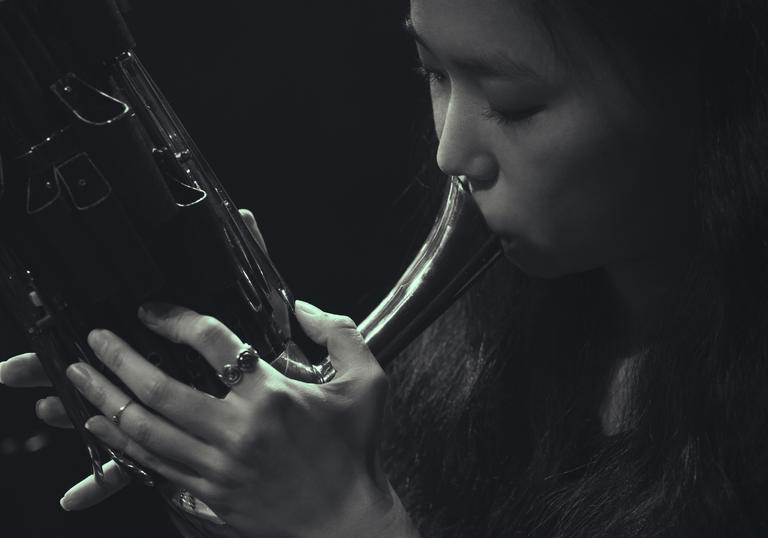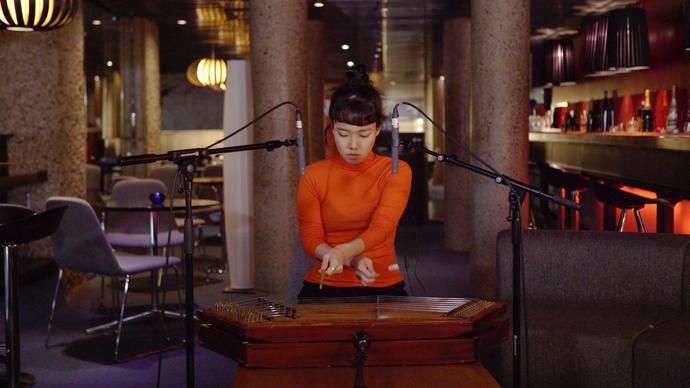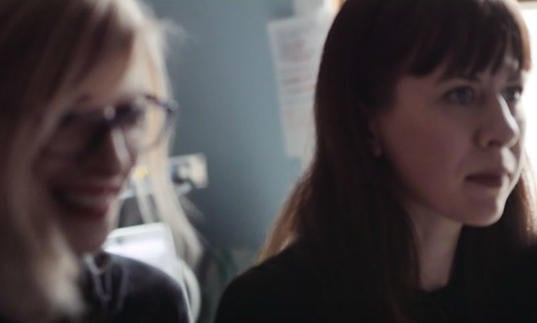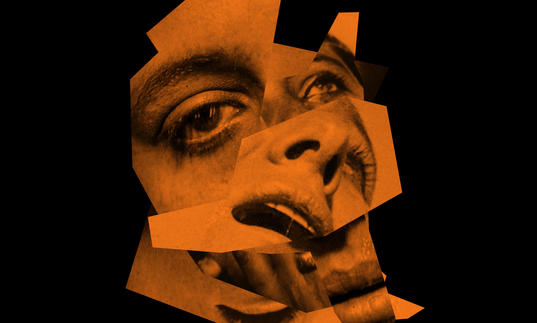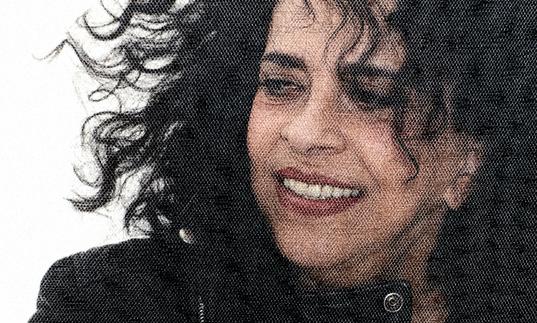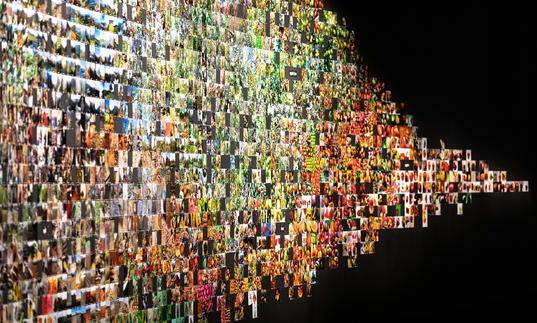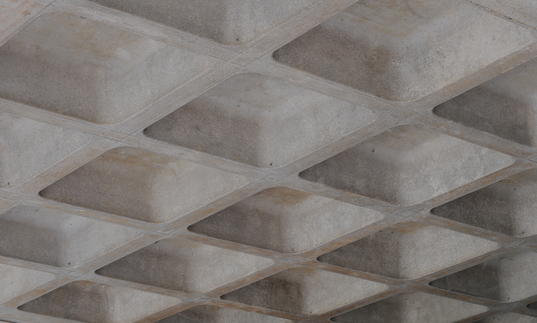Willem Twee Studios in ‘s-Hertogenbosch, Netherlands, invites visitors on a journey into electronic music’s past, with two rooms full of sonic devices ranging from 1950s oscillators and noise generators to modular synthesizers from the 1970s. Despite the rarity of some of these instruments, it’s not a museum – the Studios are open to all sorts of musicians, including techno producers, electroacoustic composers and sound artists.
Yet it’s not somewhere you would expect to find clarinettist and composer Wacław Zimpel. Trained in classical and jazz techniques, Zimpel is widely known for his skill as an instrumentalist and improviser, performing with numerous groups in his native Poland and internationally. However, when Zimpel undertook a residency at Willem Twee Studios last year, he initially put the clarinet to one side and explored a new palette of sounds, improvising not with other musicians but with the Studio’s array of equipment. The result was a new, electronically charged album, Massive Oscillations, released 31st January 2020.
‘I got to the point that using my old tools was not enough for me,’ Zimpel explains. ‘I needed a new territory of sound to explore and electronic instruments gave me this possibility.’
While Massive Oscillations is the first of Zimpel’s recordings in which the clarinet isn’t the dominant instrument, it is still a central part of the album, with sinuous alto and bass melodies interwoven with strobe-like electronic oscillations. Did working with electronics influence the way he approached the clarinet? ‘I had to find different colours to mix with electronic instruments – mostly long tones and overblowing on the clarinet worked the best with sounds from Willem Twee,’ he says.
To perform Massive Oscillations Zimpel has prepared a live set-up that includes, alongside his clarinets and processed samples from the studio recordings, a lap steel and a device that he calls ‘a piano robot’, which consists of ‘six electromagnetic hammers connected to a keyboard that I control with an analogue controller’. He will also be playing a favourite instrument that’s not on the record – the khaen, a Laotian reed mouth organ similar to Park Jiha’s Korean saenghwang. Zimpel discovered the khaen some years ago in a music shop in Chicago. He was immediately drawn to the instrument, although he did not know how to play it – at first, he says, he tried to play it upside down. Drawing on his knowledge of South Indian music, he devised a khaen technique based on Carnatic konnakol system, in which rhythmic patterns are vocalized.
It’s clear that Zimpel’s readiness to experiment with sounds, techniques and instruments did not begin at Willem Twee. It can also be heard in his hypnotic Lines album, made with producer Mooryc, and the music of Zimpel/Ziołek, a duo with multi-instrumentalist Kuba Ziołek, in which the pair reconfigure folk tunes with repetitive minimalist melodies and electronic textures. Zimpel’s Saagara project, meanwhile, is an ongoing collaboration with a group of Carnatic musicians in Bangalore, currently working on a third album.
An expansive attitude to traditional forms also defines the music of Park Jiha. The Korean multi-instrumentalist is a skilled performer on the piri – a double-reed bamboo oboe – as well as the saenghwang and the yanggeum, a stringed instrument like a hammer dulcimer; and from a young age she studied Korean traditional and classical music. Park began experimenting with new approaches to the piri in the duo su:m, which she formed with gayageum player Jungmin Seo. On her two solo albums, Communion (2018), and the recent Philos (2019), she branched out further.
‘Even though I studied traditional music I’ve always felt a bit distant with the code and standards that it brings to music,’ she says. ‘As a person living in the present time it came pretty naturally to start experimenting and using these traditional instruments my own way.’
Communion saw Park playing in an ensemble with vibraphone and wind players. On Philos, she worked alone, producing an intimate, subtly layered album that invites close listening. ‘It's always been a thought I had, to be able to express my own feelings through sounds, create something of my own with no interference,’ she explains. Tonight’s concert will feature compositions from Philos, as well as a new piece called ‘The Way Of Spiritual Breath’.
Throughout Philos, Park subtly brings out the hidden voices of her instruments, highlighting their unusual timbres as well as their capacity for poignant melody. ‘Most of the compositions, including the recorded background soundscapes that can sound very electronic, are all made from these traditional instruments,’ she notes, when asked about the sounds that make up the record.
With her solo work, Park seeks to express how she perceives sound as something that is everywhere and ever-changing. ‘We are living surrounded by sounds of different textures,’ she says. ‘I wanted Philos to represent this diversity and movement of sounds. I wanted to create the sensation of being this passive element within the sounds.’ Philos is an invitation to stop and listen to those sounds as closely as Park herself does.
